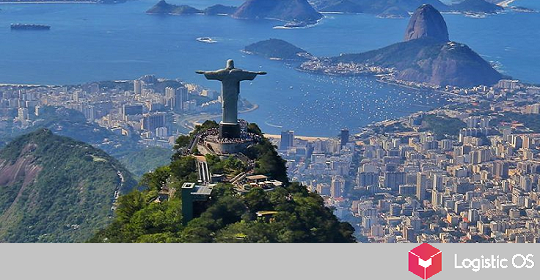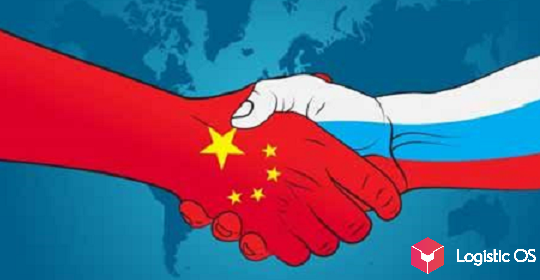It has become known that the government is simplifying some conditions for receiving subsidies, but at the same time tightening control over how they will be distributed.
Russian Prime Minister Mikhail Mishustin recently announced that the government has prepared a whole set of changes that concern the program for the development of agriculture in the country.
And first of all, we are talking about the issuance of subsidies.
First of all, control over the distribution of funds between farmers will be strengthened.
«First of all, we are increasing control over how the combined subsidy is transferred to farmers at the local level. If agricultural producers do not receive the funds provided by July 1 of this year, then the limits for this region will be reduced by 10%.
Most Russian regions must have time to allocate half of the funding, and at least 20% for the Far East,» Mishustin noted.
Such a measure should encourage local authorities not to delay the issuance of subsidies, the government believes.
At the same time, it is assumed that it will become easier to receive a subsidy.
Currently, it is necessary to submit a whole package of documents, which includes quite specific ones. For example, papers are needed that confirm the agricultural producer’s right to use a land plot, the absence of overdue payments for melioration.
It is planned that for those companies that apply for agricultural insurance with state support, such requirements will be canceled altogether, and for all others, they will be suspended until 2026.
In general, the government expects that the circulation of such documents should be simplified due to digitalization and direct exchange of information between various departments.
The authorities are also going to simplify the provision of grants for the development of family farms, as well as for the modernization of the material and technical base.
In order to receive targeted assistance, the producer will need to confirm that within 5 years after receiving the previous grant, there was an increase in production and the preservation of permanent jobs.
Finally, the rules for subsidizing seed production have changed.
As of January 1, 2026, subsidies will be provided exclusively to those who use domestically bred seeds, mainly grain and oilseed crops.
It is planned that such a measure should greatly facilitate the rapid transition of farmers to Russian-produced seeds, which is a significant contribution, among other things, to ensuring the country’s food security.

